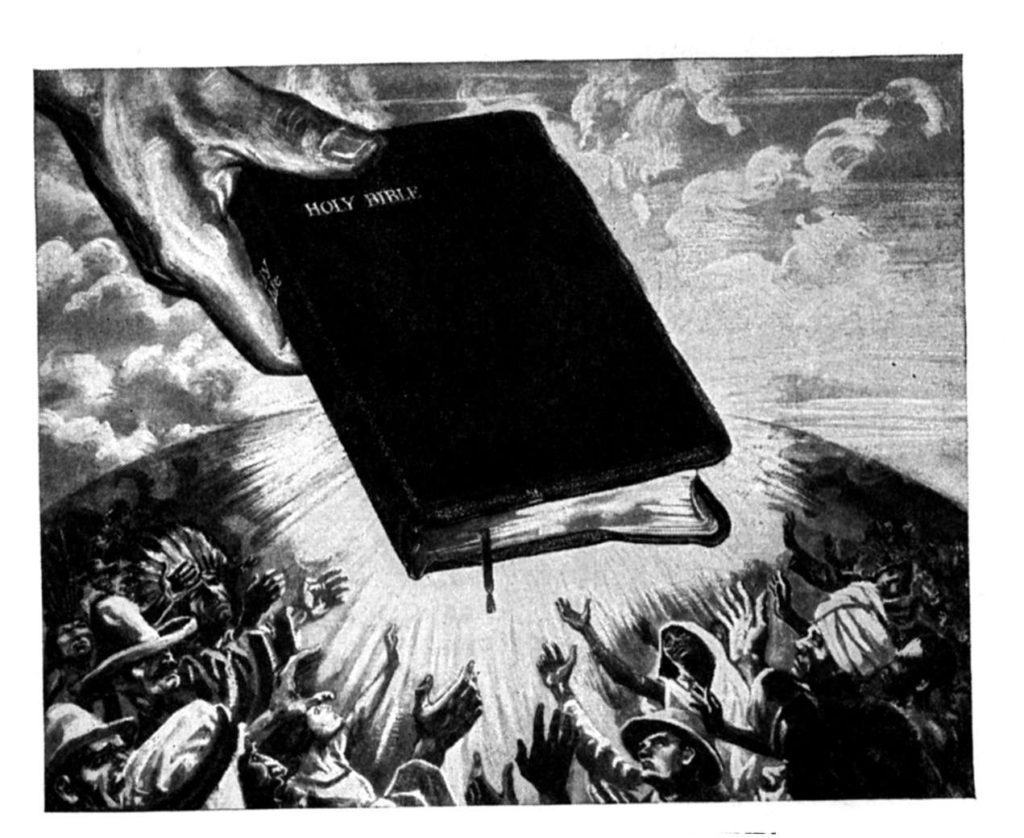
Exodus 21:22, Hurt a woman with child.This passage is one of the strongest pro-life, anti-abortion verses in the Scriptures. Clearly, this passage teaches that life begins in the womb. The penalty for a man who is responsible for the death of an unborn child is death (v. 23.) Could any clearer statement be made about how the Creator feels about the sanctity of life? Here are some statistics about abortion:
- 42 million abortions occur worldwide each year (that’s 115,000 per day).
- In 2008, 1.21 million abortions occurred in the U.S.
- From 1973 to 2008, 50 million legal abortions occurred in the U.S.
- 22 percent of all U.S. pregnancies end in abortion.
- In 2007, 84% of all abortions were performed on unmarried women.
- At current rates, nearly one-third of American women will have an abortion.
(Sources of information: abortionno.org/Resources/fastfacts.html; guttmacher.org/pubs/fb_induced_abortion.html; abort73.com/abortion_facts/us_abortion_statistics/ — this is now a dead link).
Thankfully, as of this writing, the abortion rate in the US is slowly, but steadily dropping. In 2000 according to the National Right to Life (NRL), 1.36 million babies were aborted. The Center for Disease Control (CDC) puts the number at 857,475. In 2014 according to the NRL the number of abortions in the US dropped to 926,240. According to the NRL the total number of abortions performed in the US from 1973 to 2013 was nearly 58.6 million, while the CDC puts the number at nearly 51.9 million.
The murder of the innocent children is perhaps the greatest sin that a nation can commit. Abortion is a form of child sacrifice, which is something many ancient cultures practiced (e.g. the Aztecs, Incas, Phoenicians, pre-Islamic Arabs, and the biblical Canaanites). In the Bible, YHVH condemns the practice of the heathens and apostate Israelites who made their children pass through the fire in the worship of the demon-god Moloch (see Lev 18:21; 20:2–5; Deut 12:30–31; 18:10). YHVH placed on the nation of Israel a severe judgment for sacrificing its children to Moloch. He promised that their cities would be destroyed and that their nation be conquered by foreigners and that the Jews would be taken captive (see Jer 7:30–34; 32:35–36).
Exodus 21:22 clearly delineates the Creator’s position that human life begins at conception (see also Ps 139:13–16; Jer 1:5; Luke 1:15, 41, 44), not at birth.
Exodus 21:26–27, Eye…Tooth.This is the well known “eye for an eye and tooth for a tooth passage.” This is a remez meaning that these verses lay out a principle that’s broadly applicable to many situations. That is to say, what this verse is teaching us is that justice is properly served when the crime fits the punishment—when the criminal is himself deprived of that which he deprived his victim. To be sure, such a punishment is a strong deterrent to criminality! In the case of one causing another an injury for which one can’t recompense the victim (in the case of a loss of an eye or tooth), the criminal must suffer the same fate as his victim. In the case where a criminal causes harm to another (such as theft), which can be repaid, it is the criminal’s responsibility to make restitution.




